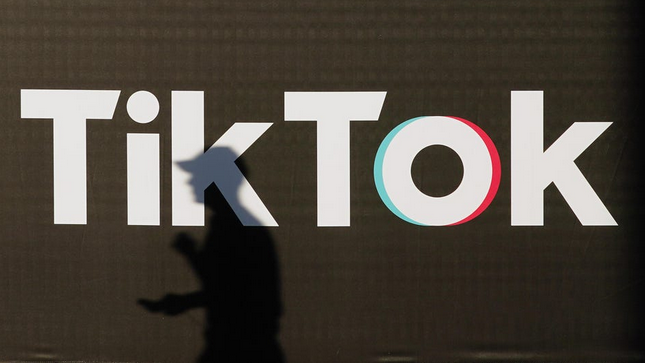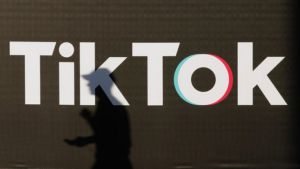Here’s what we know about the possibility of TikTok being banned in the US


The fate of TikTok in the U.S. remains uncertain, with a potential ban looming if parent company ByteDance doesn’t sell its stake. Millions of Americans who use the popular video app are left wondering what this means for them.
Some users may try to use virtual private networks (VPNs) to access TikTok, but this workaround may not be easy to exploit. However, there are still ways a ban could be avoided or accessed legally in the U.S.
The Committee on Foreign Investment in the U.S. (CFIUS) is evaluating national security concerns around the app to determine how to minimize risk if it continues to operate domestically. The group can recommend to President Joe Biden that ByteDance’s 2017 acquisition of Musical.ly, a TikTok precursor, be unwound, forcing a sale of those assets.
TikTok has recommended a mitigation plan as an alternative to a forced sale. But that’s unlikely as CFIUS has threatened a ban if ByteDance doesn’t sell its stake.
Should the U.S. ban TikTok, the mechanics on what happens from there get murky. Oracle is the cloud hosting service for all of TikTok usage in the U.S. Internet service providers like Comcast and Verizon direct traffic to end users. And the app stores controlled by Apple and Google are the primary places for consumers to download the TikTok app.
The government may have to turn to legislation or executive orders to get app distributors, ISPs and cloud services to block access to TikTok. While there will likely always be cracks that can be exploited by a subset of computer-literate users, the typical consumer would find it difficult to access a government-banned service.
Concerns around TikTok’s security risk come down to two main issues. The first is who can access U.S. consumer information and the second is who has the ability to determine what information reaches U.S. users.
TikTok has sought to reassure the U.S. government that U.S. user data is stored outside of China. The company has developed an elaborate plan known as Project Texas to resolve any security concerns.
But the mood in Washington isn’t moving in TikTok’s favor, and legislators have lost whatever trust they once may have had in China and its motives.
When it comes to consumer technology, users have no idea what information is making its way to the Chinese government. And the U.S. government has a lot of work to do to provide clarity on what would happen if the app was to be banned.
While many users may think their casual social media use would be of little interest to a foreign government, data can have a surprising amount of value to bad actors.





